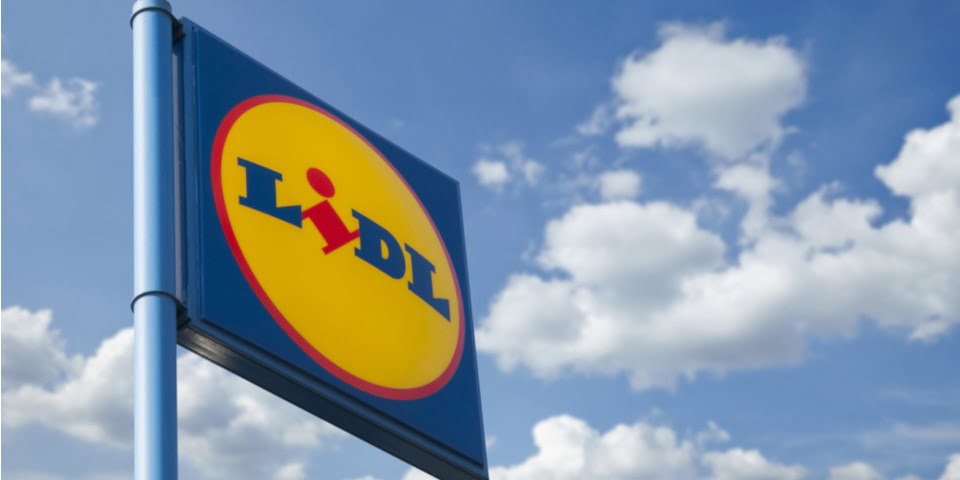Lidl will remove black plastic packaging from its entire fruit and vegetable range across all 195 Ireland and Northern Ireland stores before Christmas.
It follows a similar move in Lidl’s other UK stores.
The supermarket will scrap packaging, which cannot be recycled, from fresh fish products by February 2019. Fresh meat, poultry and cured meat ranges will follow before August.
Black plastic packaging doesn’t get recycled in Ireland or the UK because sorting systems can’t detect the carbon pigment.
The supermarket chain says its move will avoid more than 65 tonnes of black plastic waste every year.
Scrapping single-use plastic
Lidl’s sustainability announcements haven’t stopped there, however – it has also scrapped the sale of single-use plastic items. These items include drinking straws, disposable plates, cups and cutlery. Plastic-stemmed cotton buds are next on the list in the coming months. Lidl says it’s replacing single-use plastic items with biodegradable alternatives.
“These are significant steps,” Lidl Ireland & Northern Ireland Managing Director JP Scally said. “Sustainability is core to our business and we’re proud to continue leading the retail sector in implementing ambitious measures that will deliver real and lasting benefits for everyone.”
The new move is one of many the retailer says it’s taking as part of its plastic-reduction strategy. Already this year, Lidl confirmed it had achieved ‘zero waste to landfill’ and announced a ban on microbeads in all cosmetic and household ranges.
Hitting targets
Lidl has published several ambitious plastic-reduction targets. They include using 20 per cent less plastic packaging by 2022 and having 100 per cent recyclable own-brand packaging by 2025.
The company will also will continue to trial more unpackaged fruit and vegetable options. The recent addition of 17 new loose items means more than 25 per cent of its fresh produce range is now package free.
“These announcements are a clear signal of our commitment to safeguarding the environment and to managing our operations in the most progressive and sustainable way possible,” Mr Scally said.
“It’s important and right that we act decisively and proactively in this area and take meaningful and measurable steps that matter to us, our customers and our communities.”




